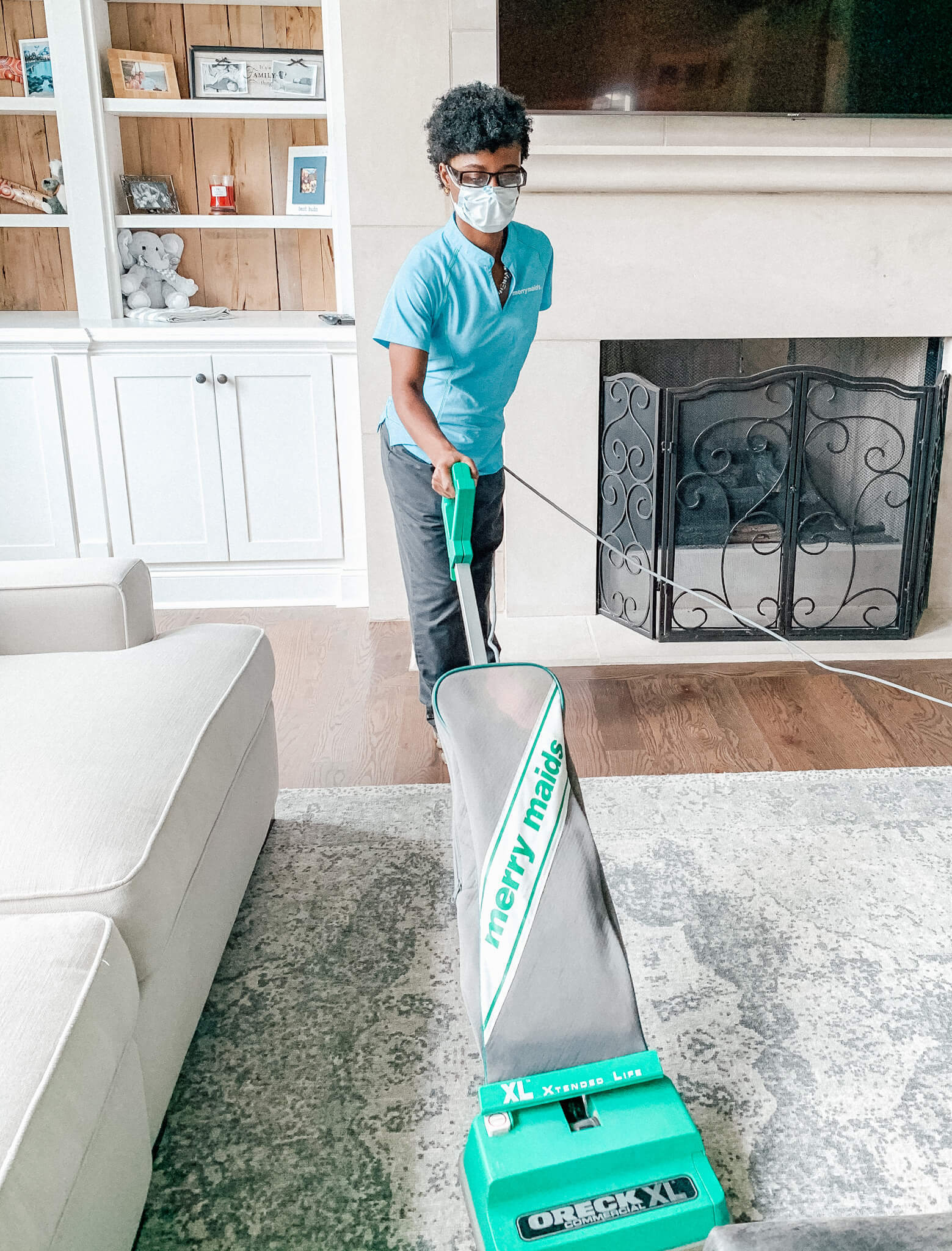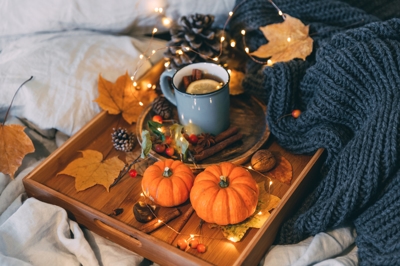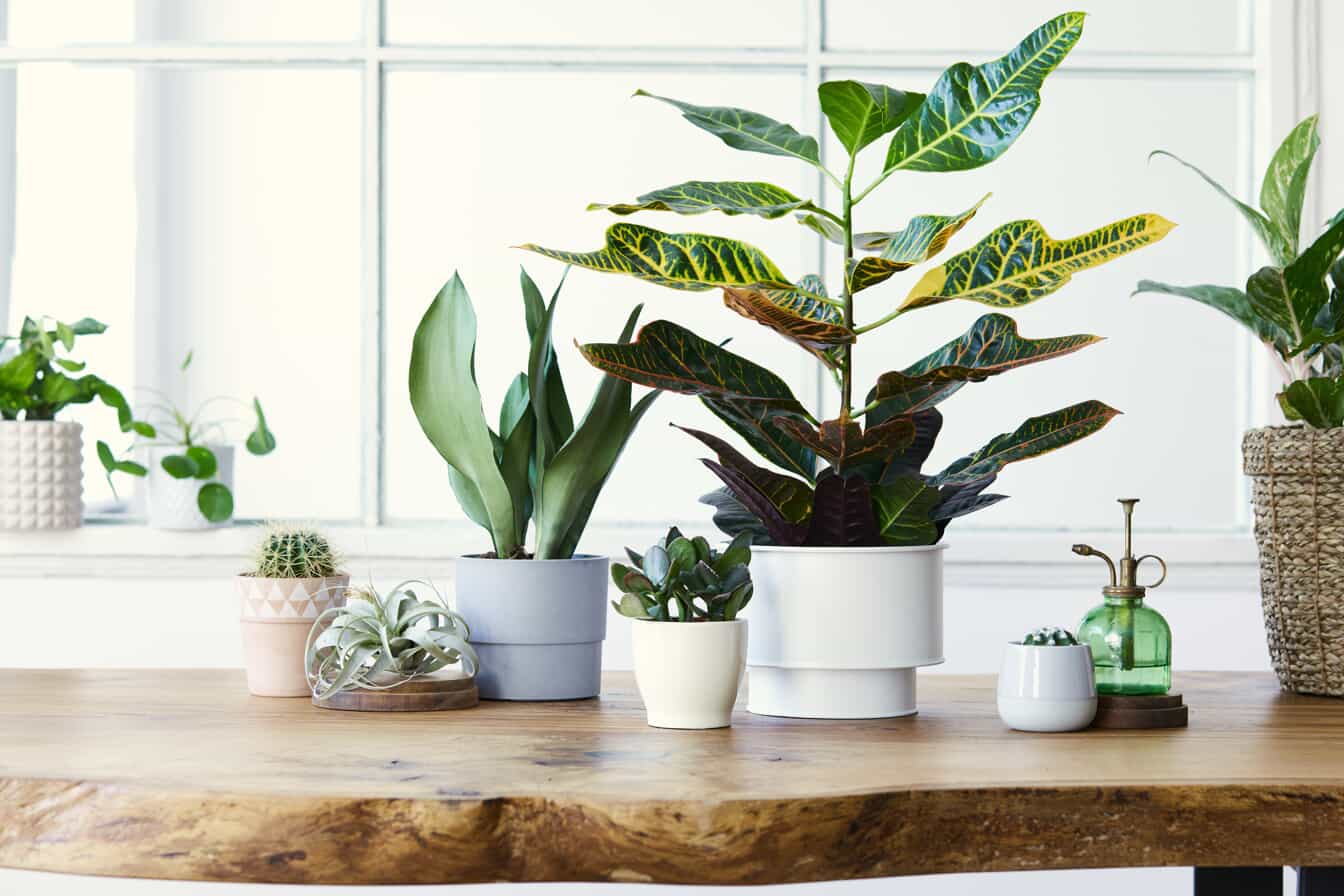14 Ways to Reduce Pollen in Your Home
Itchy throat, runny nose, constant sneezing—seasonal allergies are no fun. With mold spores active in the winter, tree pollen in the spring, grass pollen in the summer, and weed pollen in the fall, each season brings its own allergens that can trigger symptoms, and it can be tough for allergy-sufferers to catch a break.
The tiny pollen particles floating around outside often find their way into homes, where they can continue to wreak havoc on eyes, noses, and throats. According to the Environmental Protection Agency (EPA), there are three recommended strategies to allergy-proof your home: improve ventilation, use an air cleaner or purifier, and eliminate the allergens. The first two are fairly straightforward, but we have some suggestions for the third one. Since ragweed, one of the most common and ubiquitous causes of fall allergies, is reaching its peak through the months of August and September, the cleaning experts at Merry Maids® put together tips for getting rid of pollen in your home. While minimizing these particles may not completely relieve allergy symptoms, it can go a long way toward making life more comfortable.
Try These Cleaning Strategies for Preventing Pollen Allergies:
Wash your bedding regularly.
Pollen can settle into your sheets and blankets, triggering allergy symptoms at bedtime and disrupting your rest. Wash your bedding once a week or more when pollen counts are particularly high.
Use allergen-resistant covers on your mattresses and pillows.
Prevent pollen from burrowing into harder-to-clean mattresses and pillows by using zippered covers. These are also effective against dust mites and can increase the lifespan of your bed.
Take off shoes and outerwear right away.
When pollen counts are especially high, or in homes with particularly allergic or asthmatic individuals, have everyone remove shoes and outerwear in the garage, at the front door, or before advancing further into the house.
Place doormats outside and inside to trap more particles.
Request that family and visitors wipe their shoes on a doormat outside, then remove their shoes at a doormat immediately inside. This doubles the opportunity to catch loose pollen before it makes itself at home.
Change clothes and take a shower as soon as you come inside.
If you’ve been outside for a significant amount of time, chances are good you have pollen clinging to your clothing, skin, and hair. Before making contact with any surfaces—especially upholstered furniture—remove your clothes and put them in the wash, and take a shower to clean any pollen from your skin and hair.
Choose a vacuum cleaner with a HEPA filter.
A good vacuum cleaner can make a big difference, especially those with a true HEPA filter built in. HEPA stands for high-efficiency particulate arresting, and it is a designation awarded to filters that successfully trap 99.97% of all particles 0.3 microns or larger in size.
Vacuum frequently, and empty bagless vacuums outdoors.
Vacuum at least once a week when pollen levels are high. If you have a bagless vacuum, be sure to empty the canister outside to prevent allergens from becoming airborne inside and settling back into your home.
Dust from high to low and use a microfiber cloth.
When dusting, start with higher surfaces and work down to avoid pollen falling onto already-dusted surfaces. To trap particles rather than simply moving them around or releasing them into the air, use a damp microfiber cloth.
Remember to clean blinds, curtains, and ceiling fans.
Pollen frequently accumulates in these spots, which are easy to overlook. Make sure to include these in your regular dusting, and use a damp microfiber cloth.
Bathe pets often to remove pollen from their coats.
Animal fur is a great place for pollen to hide, especially in pets who spend time indoors and outdoors. Bathe them once a week or after any lengthy outside play sessions.
Keep windows closed during peak pollen seasons.
Pay attention to when pollen counts are particularly high and make sure to keep windows and doors closed at these times.
Replace AC filters regularly, and use true HEPA filters.
If you’re keeping your windows closed, you’ll likely rely more heavily on your heating and cooling systems. Check your filters and change them regularly. With increased use during allergy season, a HEPA filter should be changed every month or so.
Park vehicles in the garage when possible.
When you park in the driveway or on the street, pollen can settle on your car and get sucked into the ventilation system the next time you turn on the AC while driving. If you’ve been parking outside because of a cluttered garage, now is the perfect time to check out our tips for cleaning and organizing your garage!
Clean Pollen Off of Your Outdoor Furniture
If your rear-facing windows (or the backdoor) are open, sometimes pollen can get whipped inside as wind blows over your patio furniture. Laying out your furniture away from the house and spraying it down can help eliminate the pollen sticking to it. If the pollen has become more engrained in cushions, try applying warm water and soap before hosing them off.
Professional Help for Getting Rid of Pollen
With house cleaning services from Merry Maids®, our experts can help you in the fight against seasonal allergies. We use premium products, tools, and techniques to clean and disinfect the surfaces in your home. You’ll get time back in your day, and for allergy sufferers, you’ll be able to avoid further exposure to pollen that comes with everyday household cleaning. Reach out to us today for your free estimate.














